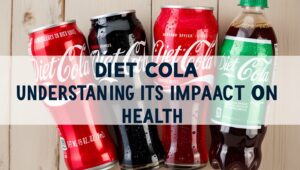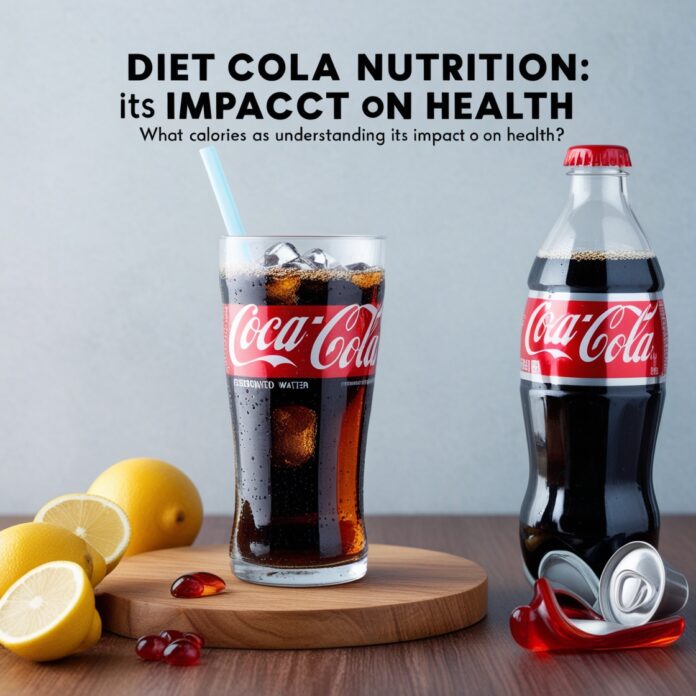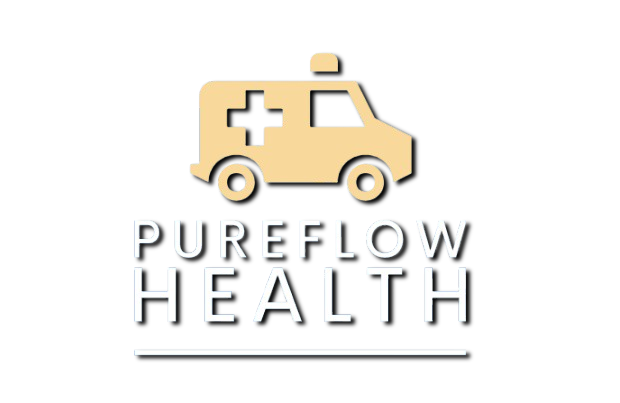Diet Cola Nutrition: Understanding Its Impact on Health
Diet cola is a popular beverage choice for those looking to enjoy the taste of soda without the added sugar and calories. Many people turn to diet cola as a way to maintain or lose weight, but questions remain about its overall nutritional value and health effects. In this article, we will explore the diet cola nutrition profile, its ingredients, benefits, potential risks, and how it compares to regular soda.

Diet Cola Nutrition Facts
The diet cola nutrition profile varies slightly among brands, but most contain the following ingredients:
- Carbonated Water – Provides the fizzy texture that makes cola enjoyable.
- Artificial Sweeteners – Common ones include aspartame, sucralose, or saccharin, which replace sugar to give the drink its sweetness without calories.
- Phosphoric Acid – Adds tanginess and acts as a preservative.
- Caffeine – A stimulant that enhances alertness and energy levels.
- Caramel Coloring – Gives diet cola its signature dark brown color.
- Preservatives – Such as potassium benzoate to extend shelf life.
- Flavorings – Various natural and artificial flavors are used to enhance taste.
Nutritionally, a typical 12-ounce (355ml) can of diet cola contains:
- Calories: 0
- Carbohydrates: 0g
- Sugar: 0g
- Fat: 0g
- Sodium: 20-40mg
- Caffeine: 30-50mg

Benefits of Diet Cola Nutrition
1. Zero Calories and Sugar-Free
One of the biggest advantages of diet cola nutrition is its zero-calorie content, making it an attractive option for individuals looking to cut down on sugar and manage their weight. Unlike regular cola, which contains high-fructose corn syrup or cane sugar, diet cola uses artificial sweeteners to maintain sweetness.
2. No Effect on Blood Sugar Levels
Since diet cola does not contain sugar, it does not directly spike blood sugar levels. This makes it a suitable beverage for diabetics or those watching their carbohydrate intake. However, some studies suggest that artificial sweeteners might influence insulin response, though more research is needed.
3. Provides a Caffeine Boost
For those who enjoy caffeine, diet cola can serve as an alternative to coffee or energy drinks. The caffeine content in diet cola can help improve alertness, focus, and cognitive performance.
Potential Risks of Diet Cola Nutrition
1. Artificial Sweeteners and Health Concerns
Although artificial sweeteners are FDA-approved, there is ongoing debate about their long-term health effects. Some concerns include:
- Possible links to metabolic changes that may contribute to weight gain.
- Potential impact on gut microbiota.
- Increased cravings for sweet foods.
2. Impact on Bone Health
Phosphoric acid, found in diet cola, has been associated with lower bone mineral density in some studies. Excessive consumption may lead to weaker bones, increasing the risk of osteoporosis, especially in older adults.
3. Potential Effects on Heart Health
Some studies suggest that excessive consumption of diet sodas, including diet cola, may be linked to an increased risk of cardiovascular diseases. However, more research is needed to establish a clear connection.
4. Possible Dental Health Issues
While diet cola does not contain sugar, it is still acidic, which can erode tooth enamel over time. Frequent consumption without proper oral hygiene can lead to dental problems.
Diet Cola vs. Regular Soda: Which Is Better?

When comparing diet cola nutrition to regular soda, there are some key differences:
| Factor | Diet Cola | Regular Cola |
|---|---|---|
| Calories | 0 | 140-150 |
| Sugar | 0g | 39-42g |
| Artificial Sweeteners | Yes | No (Uses sugar or HFCS) |
| Caffeine | 30-50mg | 30-50mg |
| Acidity | High | High |
While diet cola eliminates sugar and calories, it introduces artificial sweeteners, which have their own set of potential health concerns. Regular soda, on the other hand, contributes to weight gain and increased risk of diabetes due to its high sugar content.
How to Consume Diet Cola Responsibly
If you enjoy diet cola but want to minimize potential risks, consider the following tips:
- Limit Consumption – Moderation is key. Avoid drinking multiple cans per day.
- Stay Hydrated – Drink plenty of water to balance out the acidity of diet cola.
- Monitor Caffeine Intake – If you consume other caffeinated beverages, be mindful of your total daily intake.
- Maintain a Balanced Diet – Do not rely on diet cola as a primary beverage. Instead, prioritize water, herbal teas, or infused water.
- Practice Good Oral Hygiene – Rinse your mouth with water after drinking diet cola to reduce acidity effects on teeth.
Conclusion

Diet cola remains a popular alternative to regular soda due to its zero-calorie and sugar-free formulation. While it offers certain benefits like reduced sugar intake and a caffeine boost, its potential downsides—including the effects of artificial sweeteners, acidity, and bone health concerns—should not be ignored.
Understanding diet cola nutrition helps consumers make informed choices about their beverage intake. By consuming diet cola in moderation and maintaining a well-balanced diet, individuals can enjoy the taste while minimizing potential health risks.


